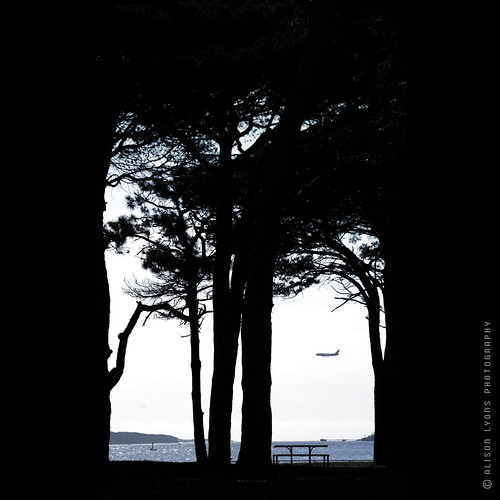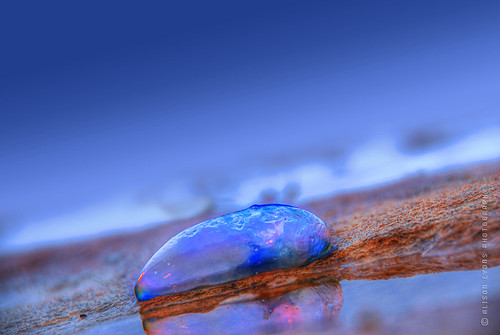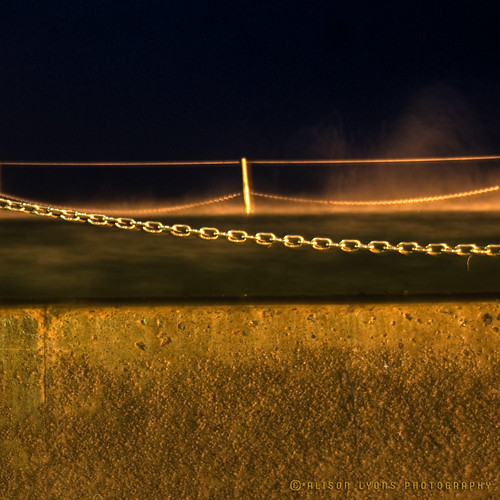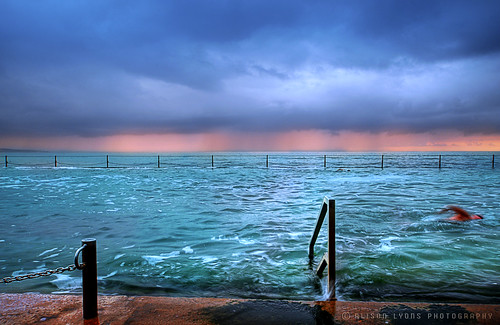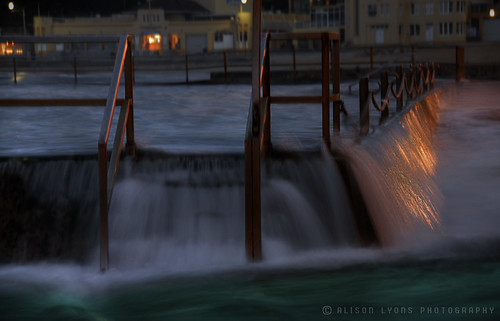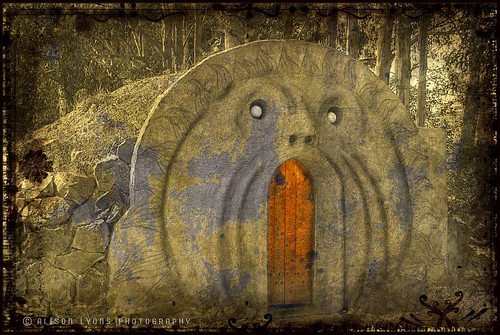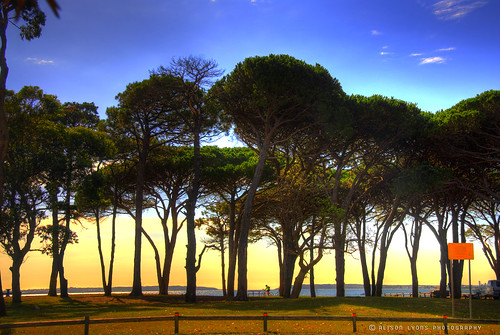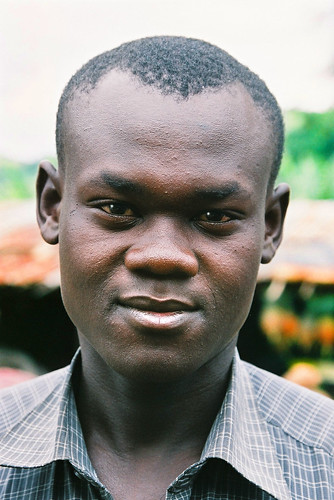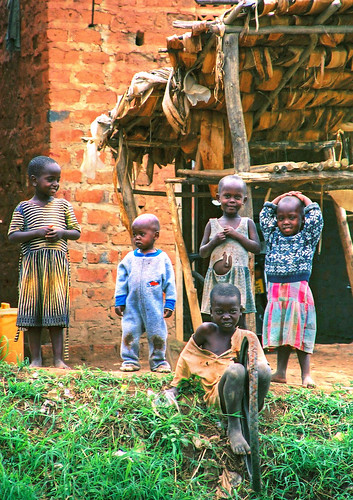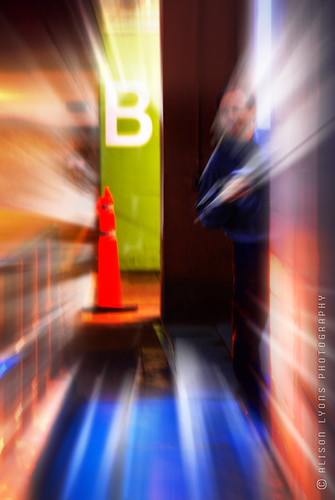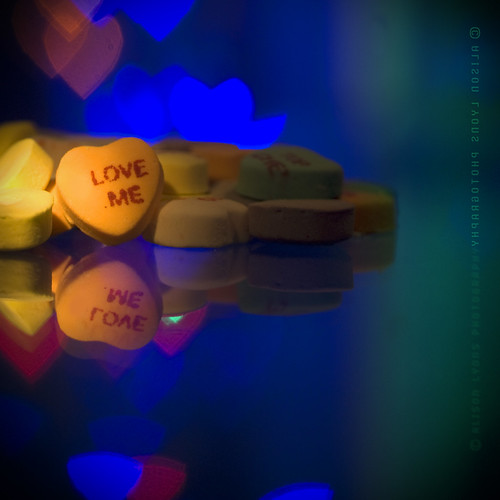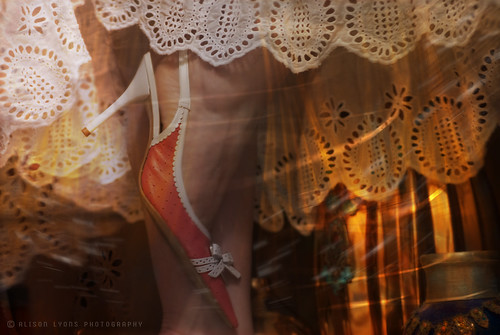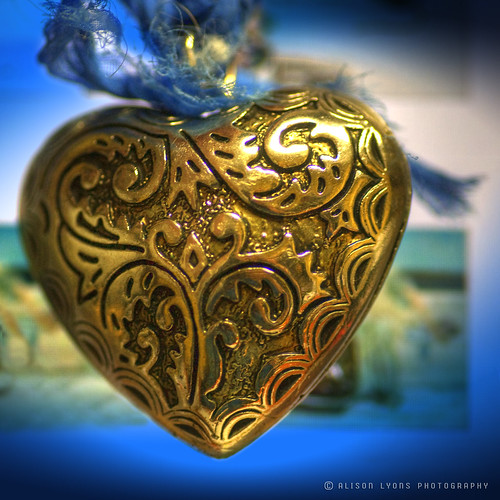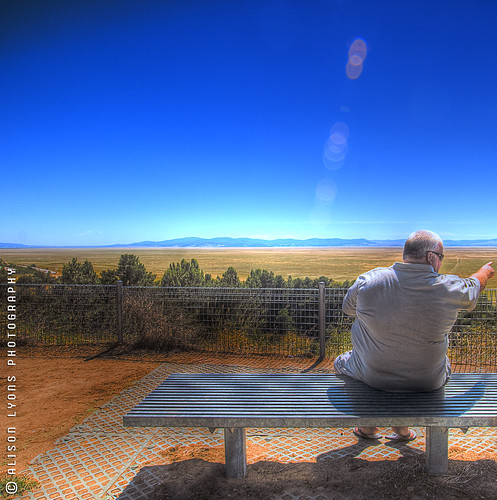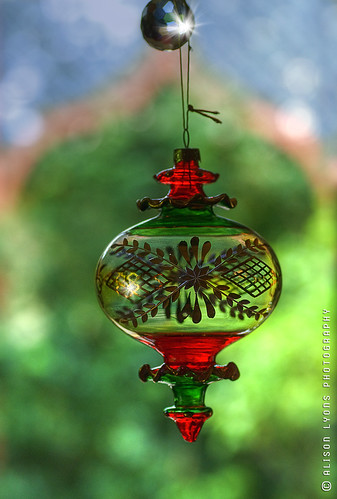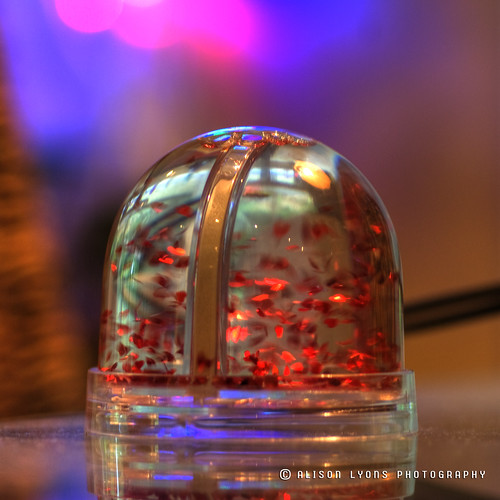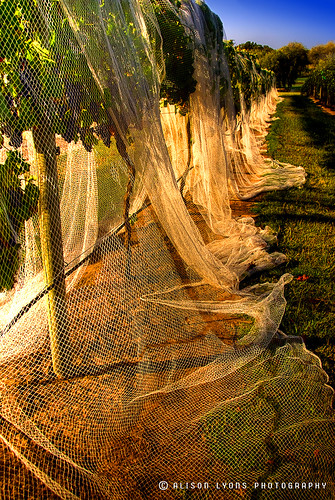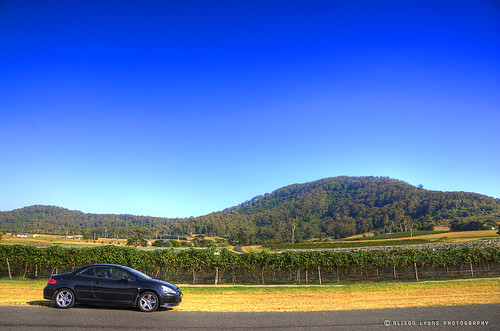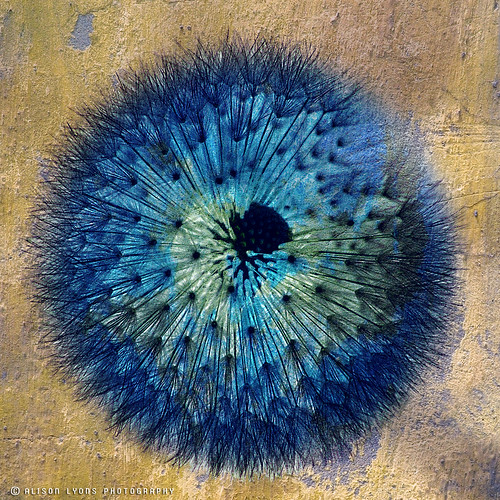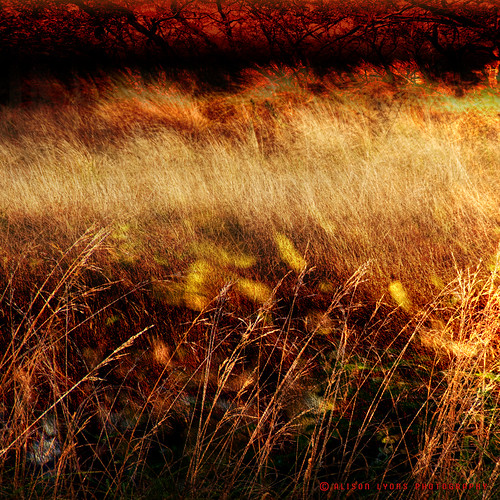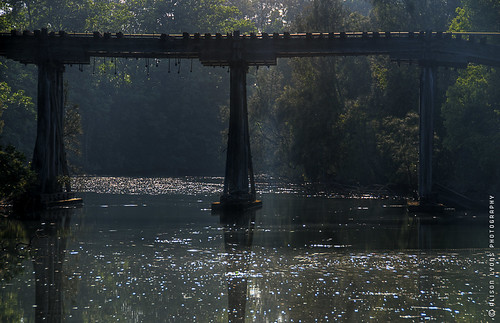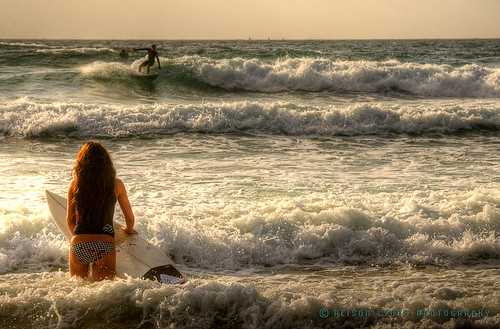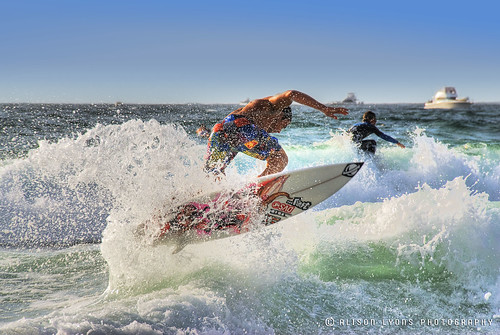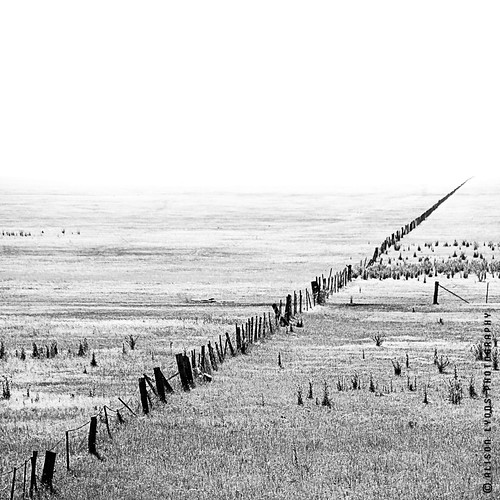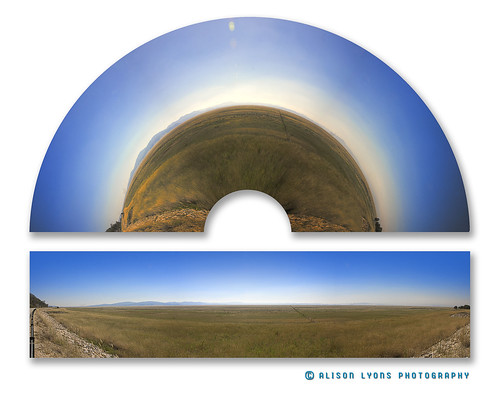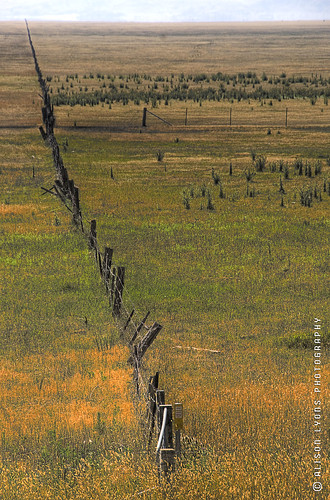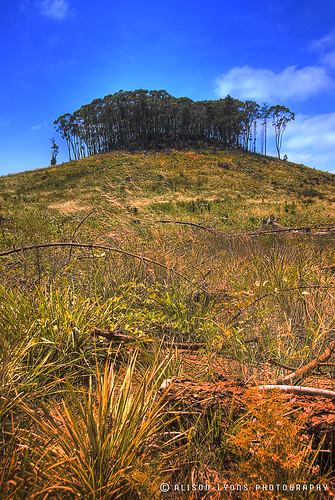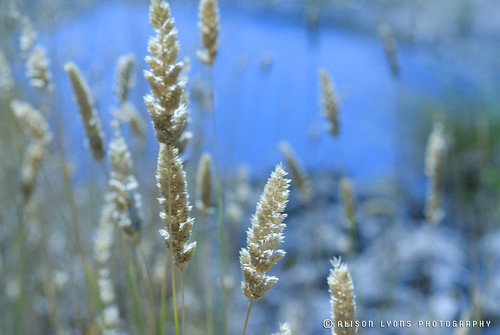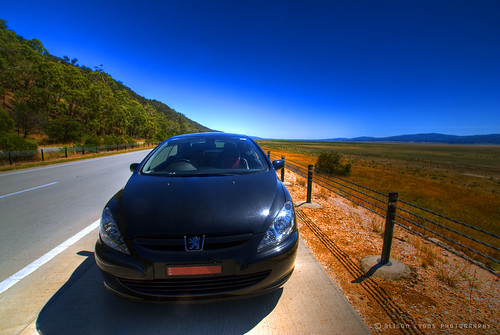My baby girl's photo appeared on page 20 of the Metro (Entertainment guide) in the Sydney Morning Herald today. I very proud of her. She will be performing (poetry) in Glebe live on stage next Tuesday night. She is a shy little thing... I think she get's from her mother. LOL.
Of course I got a photo credit for the photo... (cos' it really IS all about me!)
You can find here on Flickr here: Arcadia Lyons and see more photos of her here:
I am hoping I can post a small audio clip of one of her poems later... stay tuned.
Why that’s Crazy Talk
In a village... brightly.
I think of him often. The young man from Uganda... an unremarkable man.
We had stopped by the roadside to buy bananas and water, and to photograph the tomatoes that were piled into pyramids at the roadside stalls. A tiny hamlet, on a road to nowhere in particular.
It had been raining and steam rose off the bitumen. Either side of the road the brown puddles were still foamy from the downpour and formed small muddy seas in front of rusted fruit stalls, staffed by eager colourful women. They pulled at the protective plastic sheets covering their produce and called out to us to buy, laughing and competing with one another... and behind them unfolded hills of verdant tea plantations, embossed in green.
As usual, a small knot of excited children formed around me and as the others bought supplies for our journey, I took photos. The children in tattered clothes pushed each other out of the way vying for my attention... giggling and chattering. And behind them stood a man. Softly spoken, he said. “Will you take my photo?”
I didn’t want to, I wanted to continue talking and playing with the children. But he stood there waiting.
Close.
Determined.
Quiet.
And so I took his photo.
“Take me with you.” he said.
“I want to go to your country.” he said.
And the gulf between us yawned dark and wide. His childish question. Childlike and naive, it still haunts me. I can hear his voice now. “Take me with you. I want to go to your country.”
Did I answer him at all? I can’t recall. No words formed, none have stuck in my memory.
“I can’t.” I thought.
I do remember looking into his dark eyes while an explosion of synapses fired off a million connections in my brain like a shock wave. A million reasons as to why I couldn’t. His question was so small and simple and innocent and the real answer to it as complex as life itself.
I looked into his dark eyes and I thought ... you will never leave this village. You will never leave this country, you will never go on an airplane, you will never go to my country. You do not even know what country I am from... [You will] never see all things I’ve seen, smelled, tasted, heard, touched. Never even know the intense joy (the simple pleasure) of stepping into a hot shower; or sleeping on crisp linen sheets; of a myriad of tiny day to day things that slide silently by me.
I looked into his dark eyes and the world spun between us.
His words hung in the air for only a second before they were consumed by the heat of the equatorial sun. Evaporated like the tinest drop of rain only to play over and over in my head for years to come. Like an accusation.
My friends all piled back into the jeep, they had collected food and I had collected the tiniest glimmer of a young man’s soul.
And years later I still think of that young man. In his village. Does he go up to every stranger and ask that same question? And if he asks often enough will someone say “yes”? It is only the arrogance of my colonial view-point that leads me to think that he will always remain there.
A young man with a desire to be.
B
B
Life is a blur.
Life in the fast lane.
Life is a B movie.
... and you never know what is around the next corner.
Don't fence me in
I have always been fascinated by these fences stretching out across Lake George. When the lake is full of water these fences are totally submerged, so I wonder whose land they are dividing.
There is something about Lake George.
My dad had a Chrysler Royal in the 60’s I think it fell off the back of a truck... no really, I am sure it did! He got it from a friend of my Grandfather’s. A man my Grandfather had shared a hospital room with in England and one of the earliest “family friends” we had back then when we first arrived in Australia. Dad had scooped up our family of five and relocated us here on the other side of the world. The man that owned the wrecking yard sold the car to my dad for a good price, but there seemed to be some mystery about that car. I don’t think my dad was all that comfortable with the deal. And the man didn’t remain our “friend” for too long after that. The car was white with a red stripe down the side that looked like a tick on one side. And it bothered me, as a little girl, that the tick went the wrong way on the other side. It had red seats inside and fins at the back like the batmobile and three tail lights on either side, in a vertical row, like traffic lights. But the bottom one wasn’t green. I loved the chrome bits and I can remember tracing the letters c-h-r-y-s-l-e-r with my fingers sometimes while we were waiting for dad to unlock the car.
In those days we didn’t wear seat belts and invariably I had to sit in the middle to stop my brothers from squabbling. It just meant they squabbled across me and involved me in their skirmishes. I was happiest when I had the window... (I still am, especially when I fly). Face pressed up to the glass watching the world go by. The memories of those road trips stay with me still. Especially at night, watching the shadows from the street lights rhythmically sweeping across the back of the bench seat and the starry beams of light reaching out to out car and seemingly pass us from light beam to light beam. I loved watching the moon follow the car and the sky turn from blue to orange to black as the sun set. I loved watching the windscreen wipers effortlessly wipe the raindrops away over and over and over, no matter how much it rained they just kept on doing their job, tirelessly.
It was from the backseat of the Chrysler that I first saw Lake George. It had water in it then. We had driven from Sydney to Canberra late in the day and it seemed an incredibly long way to me. It was dark and drizzly. The click click of the windscreen wipers was lulling me to sleep, and I’d grown tired of watching the little red bars on the speedometer filling up and emptying as the car accelerated and slowed. And then Lake George appeared suddenly as vast dark void with only the waves at the shoreline defining its foremost edge. “Is that the sea?” I asked. “Its Lake George” came the reply. We are nearly there.
To this day I always feel a sense of relief on my way to Canberra, when I reach Lake George and I am “nearly there” ...driving around the edge I reminisce about the family road trips.
And when I fly to Melbourne I always look out for it from the plane, following the Federal Highway with my eyes along the edge until it veers off unexpectedly on its way to Canberra.
The roadway still hugs the hills on the western side, though it has been raised and rebuilt in later years. It is a different world looking west. The hills rise sharply out of the plain and in daylight they seem to swim with the oils of the eucalypts, gray green, like an Arthur Streeton painting. The sky above takes on an intense polarised azure. But it doesn’t hold your attention for long, because the vast empty primordial grandeur of Lake George yawns away to the east.
The Mystery of Lake George
Lake George called “weereewaa” meaning “bad water” by the aborigines was discovered by Joseph Wild ex-convict on 19th August 1820.
Governor Macquarie visited the area on 28th October 1820 and records in his journal “We sat down to dinner today at half past five and after dinner we drank a bumper toast to the future settlers of the shores of Lake George - which name I have given this grand and magnificent sheet of water in honour of his present majesty” (George IV).
Because of Lake George’s strange and sudden fluctuations in volume (the lake has no surface outlet), its hydrology has been the subject of much speculation that it may be connected underground to another water system. The mysterious filling and drying episodes on both short term (hours) and long term (years) time scales are most likely attributed to variations in rainfall, run-off and evaporation. Between 1820 & 1970 the lake was completely dry fives times and reached its peak recorded depth of about 24 feet twice in 1823 and 1874.
The Lake occupies the floor of a rift valley and the abrupt change in terrain from the lake shore to the escarpment on its western flank marks the line of a geological fault.
The nearby trigonometrical station and Geary's Gap, the pass through which the Federal Highway crosses the escarpment are believed to have been named after Daniel Geary who was district constable of Go in 1823. The push Ben Hall and his gang bailed-up, robbed and held captive travelers on the road at Geary's Gap on 26th January 1865.
Lake George is an ancient lake, believed to be more than a million years old. Originally, small streams drained its catchments into the Ass River, but around 27,000 years ago the escarpment rose and blocked all surface links.
When full, the lake is one of the saltiest water bodies in inland NSW - almost as salty as the ocean.
The Lake is 25 kilometres long and 10 kilometres wide, It is renowned for emptying and filling on a cyclical bases and for the treachery of its waters when full. A number of people have drowned in its waters.
The thickness of sediment beneath the lake exceeds 250 metres and sediments have been dated at 3-5 million years.
In the 1850s the lake was stocked with Murray Cod and the lake was trawled with a small fishing trawler, but drought conditions in the 1890s through to 1902 forced the cod into the few small creek mouths feeding the lake and eventually they died out.
During World War II, a wooden ‘dummy’ ship was floated on the lake and used for bombing practice by the Royal Australian Air Force. It is possible that there is still unexploded ordnance settled into the lake bed.
Due to the ongoing drought in Australia, Lake George dried in November 2002, and remained so as of May 2007. As at September 2007 there were large pools of water in the lake. The last time the lake was as dry was in the 1940s, although it did partially dry in 1986, leaving large pools of water. When the lake is empty it is used by farmers to graze sheep and cattle.Wine grapes are grown along the western edge of the lake, on the escarpment.
Lake George is the site of an experimental scientific wave behaviour platform established by researchers from the Civil Engineering department of the Australian Defence Force Academy in Canberra.
Hang gliders are flown from the escarpment when easterly winds form standing waves. Pilots can then fly along the twenty-five kilometre length of the lake. Unpowered model aircraft are also flown from this area, and powered models are flown from the lake floor.
Heart Hill
Heart Hill
These lyrics come to mind when I drive pass this hill. The song is by Kristina Olsen. You can hear it sung here by someone other than Kristina... not a particularly good recording... but it was all I could find.
Speeding down the motorway in the north of England
I catch a glimpse of a lovers mark
a forest of trees in the shape of a heart.
I heard an R A F went down
in his plane a flame on the hillside
not far from his fiancee
In her grief she planted seedlings on that naked hill
you can see it still.
There’s a heart up on the hill
there’s a heart up on the hill
If I left now would you
mourn me still.
When I drive my thoughts are clear
And I think of you
We avoid conversation so perfectly
The pilot in the plane what if that were me
It’s easier to love one gone
To love an absent partner
No shattered words no cleaning up after
But the heat that’s in your body it’s worth fighting for
It’s enough to stop a war.
A silhouette heart made of trees
That love was meant to be
Deep green against the yellow grass
This love was meant to last.
There’s no such thing as perfect love
But I’ve seen perfect sorrow
And I’ve seen the strength of a woman’s hand
Half a century ago she made her mark on this land
Now what about us, do you think
Our love will fade in time?
Or can we change that age old paradigm
Unlike this English couple we are both alive
We have the chance to try.
Heart Hill
words and music by
Kristina Olsen.
Burham wood moving to Dunsinane
I love this little grove of trees, it awakens the poet in me. I haven't had a chance to stop and photograph it before as it is half way between here and there and I have always driven passed it before I realise, at 110km/hour it is just a blur in the rear view mirror.
This time I remembered, I had the time and I stopped. I even took my beloved little car over the gravel road to capture this pic. Dave, you wanted to know what was over the hill.... well this is it!
I sometimes think this is how Burnham Wood might appear if it made its way to Dunsinane. Marching along, the leader out in front and the straggler behind.
It also reminds me of an obscure song I know... but I will post that on another pic.

